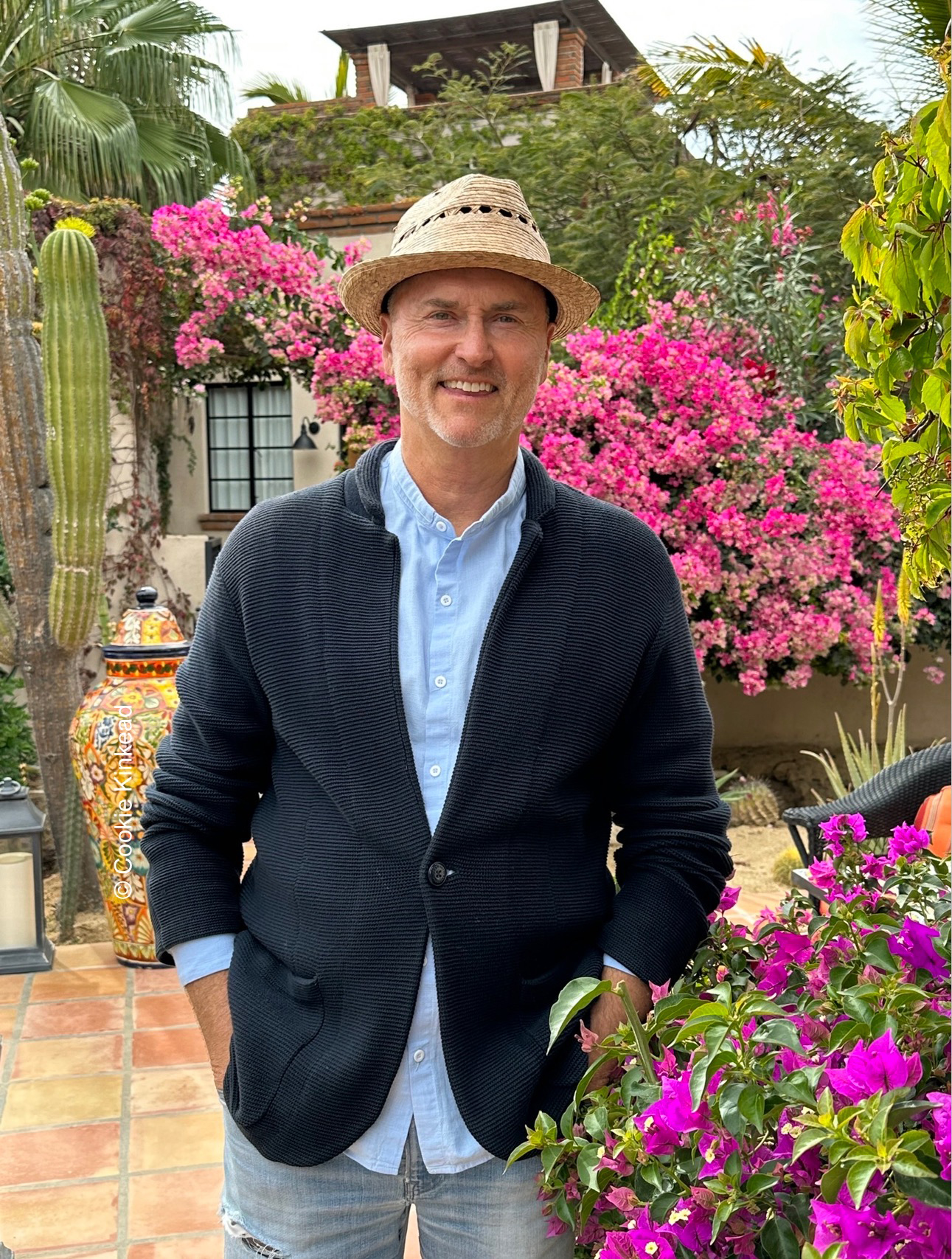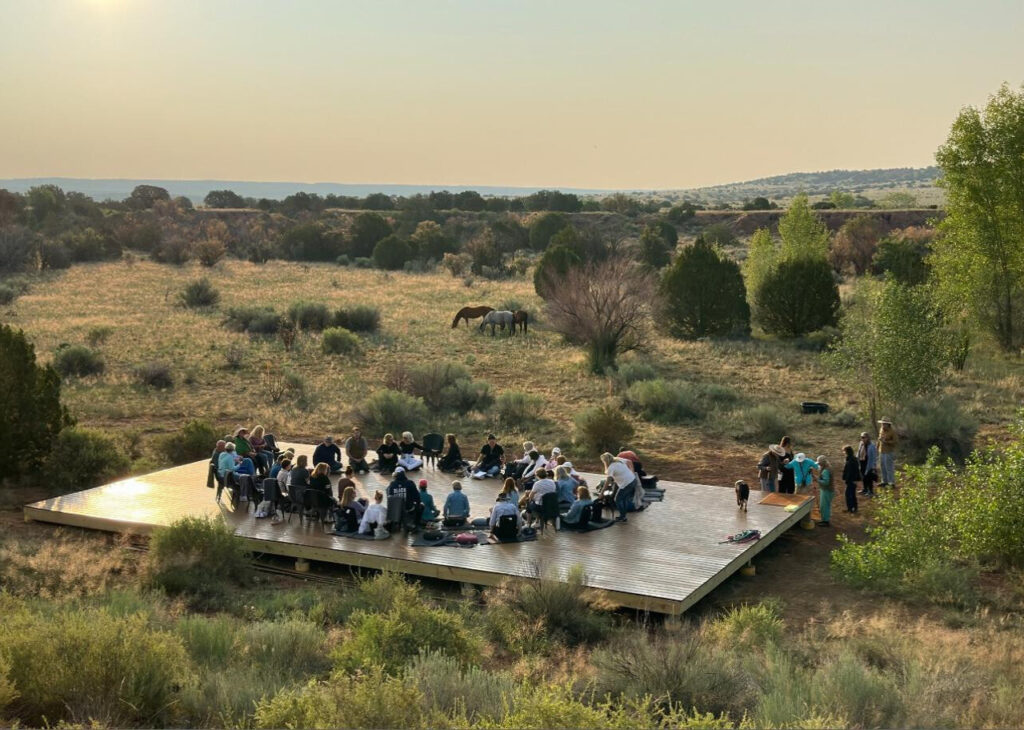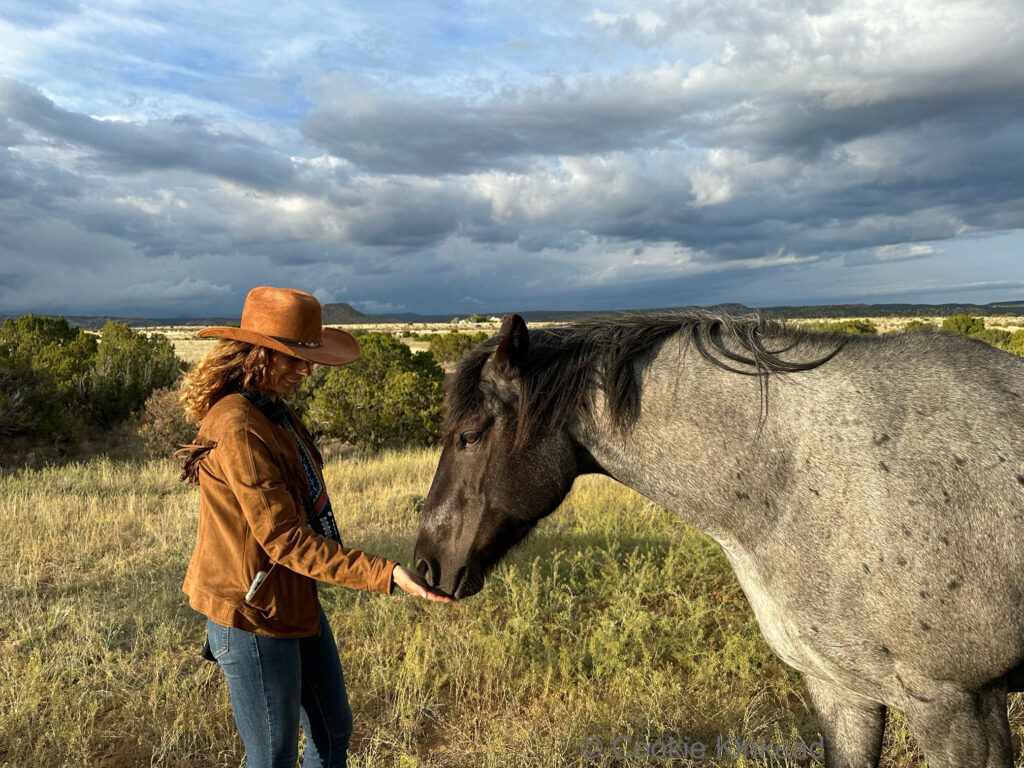
How to Navigate Midlife, According to a Longevity Expert
Hospitality entrepreneur and author of ‘Learning to Love Midlife’ Chip Conley shares insights from his newly opened location of Modern Elder Academy in Santa Fe.

Courtesy of MEA
When Chip Conley speaks, the industry listens. The founder of boutique hotels supergroup Joie de Vivre Hospitality and former Head of Global Hospitality and Strategy for Airbnb is now on a mission to redefine aging at the Modern Elder Academy, where participants tap into the upsides of getting older. Here, he unpacks his vision.

Cookie Kinkead/Courtesy of MEA
There’s a wide age range of travelers coming to MEA. What are some of the cross-generational goals for participants?
We’re trying to understand what wisdom is and how to develop and cultivate it. Our program has three key pillars: navigating transitions, cultivating purpose, and owning wisdom. That all falls under the banner of how we reframe our relationship with aging. All of the knowledge of the world is on this little iPhone. With ChatGPT and artificial intelligence, it’s even more accessible. But we’re moving out of the era of knowledge and into the era of wisdom.
We’re really obsessed with reversing the signs of aging and glamorizing youth in our society. Why do you think a place like MEA is important?
There’s a research project globally that shows the low point of life satisfaction in adulthood tends to be between 45 to 50. Dr. Becca Levy at Yale states that when people shift their mindset from a negative to a positive on aging, they gain seven and a half years of additional life, which is more than any other intervention. If you stop smoking at 50, you gain 4 years. If you start exercising at 50, you gain 2.8 years. How do you help people feel like they don’t have to be youthful anymore, but they can be useful? That shift is really important to help people to see they have some value in society. Let’s start with having you see it. Then, we can figure out how to make America a less ageist place.

Courtesy of MEA
What is the overarching shift that happens at MEA?
One of the core parts of the program is how to move from a fixed mindset to a growth mindset, where you’re willing to improve and learn. The problem for a lot of people as they get older is they stop learning something new. They stop being willing to become a beginner because they don’t like how it feels.
We talk a lot about what gets worse as we age. What are some of the things that you find get better?
Number one is the growth of our emotional intelligence. Our emotional moderation, or our ability to not react, also grows, as well as our ability and desire to build relationships. We get discerning about what we want in our lives and what we don’t. There’s a term “environmental mastery,” meaning you understand what habitats you’re going to flourish in—not just working for a career and working habitats but also communities. Another is realizing you don’t have to satisfy your parents anymore. They realize that they have been living a life of consumerism and successism. Another one is our spiritual curiosity. We are less compartmentalized as we get older. We integrate and we learn how to not just grow old, but grow whole.

Cookie Kinkead/Courtesy of MEA
What do you wish you could tell your younger self about aging?
Our body is a rental vehicle that we were issued at birth. The longer you’ve been driving this car, the more dents it has and dings it has. One of the things that we need to learn, especially in our 40s, is how to move into a new relationship with our body and our beauty, from short-term vanity to long-term maintenance. There are some upsides to being in your 50s and starting to feel a little invisible. You’re no longer defined by your body.
Is there a small ritual that people can practice that embodies the work they’d do at MEA?
One of the things that we do is called the “Great Midlife Edit.” We make a list of the mindsets, obligations, identities, and roles we have in life that we’re ready to let go of. It could be saying, “I’m so much better at caregiving other people than caregiving myself. The mindset I’m giving up is that I’m the only caregiver in the family. I’m going to figure out the habits I need to change in order to do that.”
Write on a piece of paper the mindsets and ways of being and thinking and roles that you’re ready to let go of. Have a friend there and speak it to them. Then burn it. You can do that with just a little bowl and a match.
